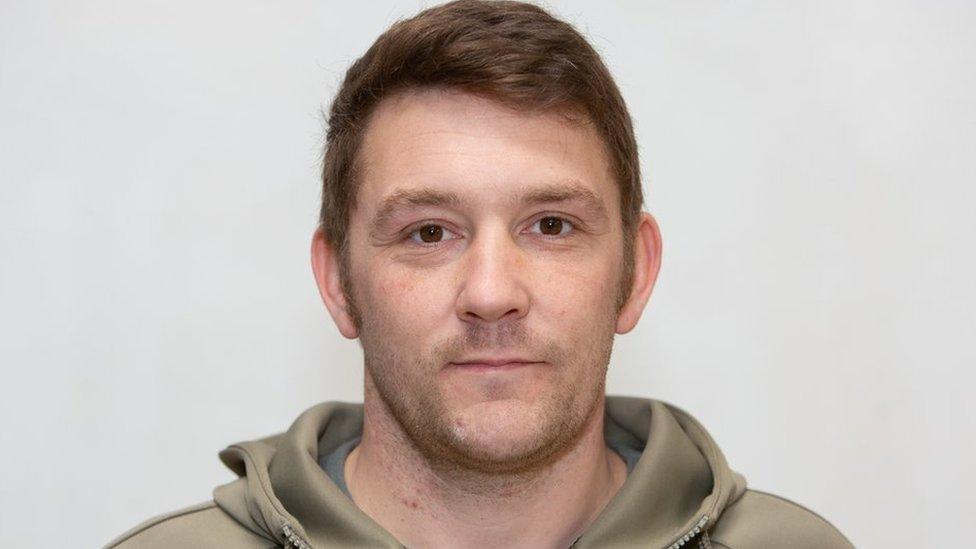Sheffield former drug dealer says prison made him a 'better person'
- Published
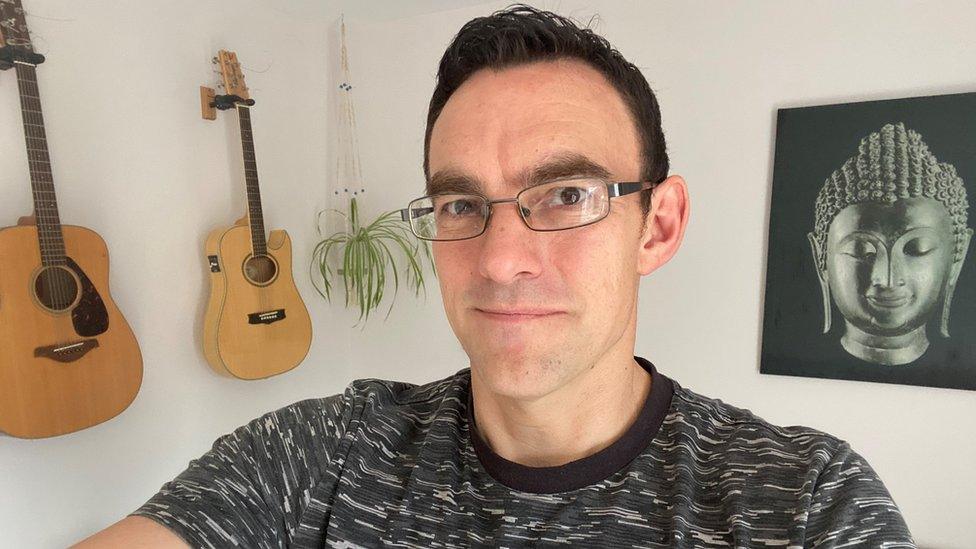
Tristan Clarke said he turned his life around after a lengthy prison sentence
A man who was part of a multi-million pound drug trafficking ring has said prison made him a better person.
Tristan Clarke, of Sheffield, was training to become a teacher when a personal tragedy led to his life "spiralling out of control" and he started dealing class A and B drugs.
Instead of inspiring youngsters in the classroom, Mr Clarke, aged 34 at the time, ended up behind bars for six years.
"Looking back at me then, I was slightly arrogant," he told BBC Radio Sheffield.
"I suppose in a way you have to be, you have to think you're never going to get caught."
However, the guilt of what he was doing eventually began weighing him down.
"People think that drug dealing, there is a glamour attached to it, but there most definitely isn't," he said.
"There were some pretty dark times, lying awake at night, wondering if the door was going to come off."
Looking for a fresh start, Mr Clarke started working as a man with a van - but his past caught up with him.
He was arrested the following year.
"I got out of doing what I was doing - just not in time," said Mr Clarke, who studied chemistry and Spanish at university.
"I knew I was looking at a long time."
He was convicted of conspiracy to supply class A and B drugs and sent to HMP/YOI Marshgate, nicknamed "Doncatraz" by inmates, to start his sentence in 2013.
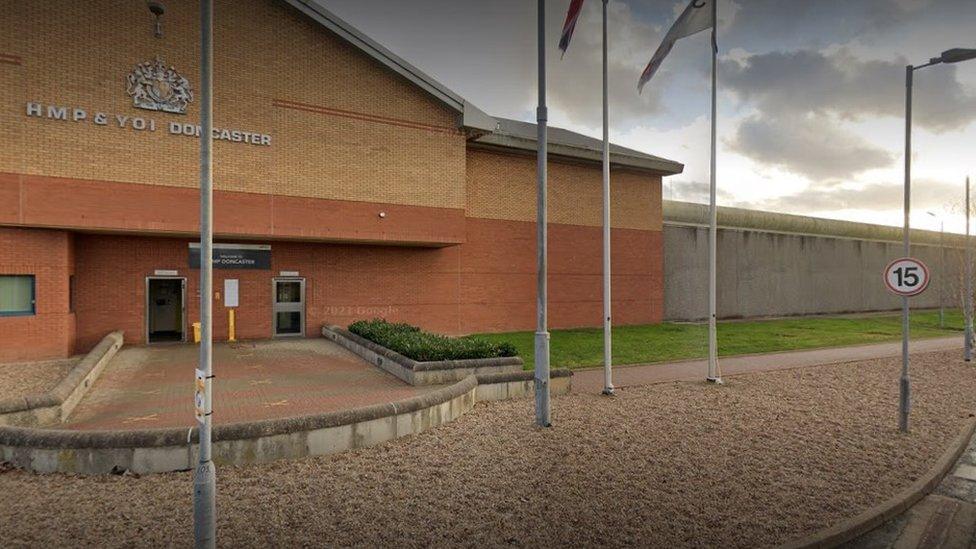
Tristan Clarke started his sentence at HMP/YOI Marshgate
"The worst thing is you've let your loved ones down," said Mr Clarke, now 45.
"My mum was heartbroken, she didn't see it coming at all, it was really tough for her."
While behind bars, he decided to throw himself into various opportunities and became the editor of prison magazine "Lockdown".
When he was transferred to HMP Lindholme, he peer mentored on the mechanics course.
"It's about carving out a niche. Each prison I went to, I found something meaningful to do," he said.
"I feel bad that I did what I did. Prison gave me the opportunity to try and redeem myself and everything that I've done throughout that time away and then since has been an attempt to turn my life around and make up for lives that were ruined as a result of my actions before."
Mr Clarke, who grew up in Hampshire and France, said prison was where he also rediscovered his love of fitness, and going to the gym became the "highlight" of his week.
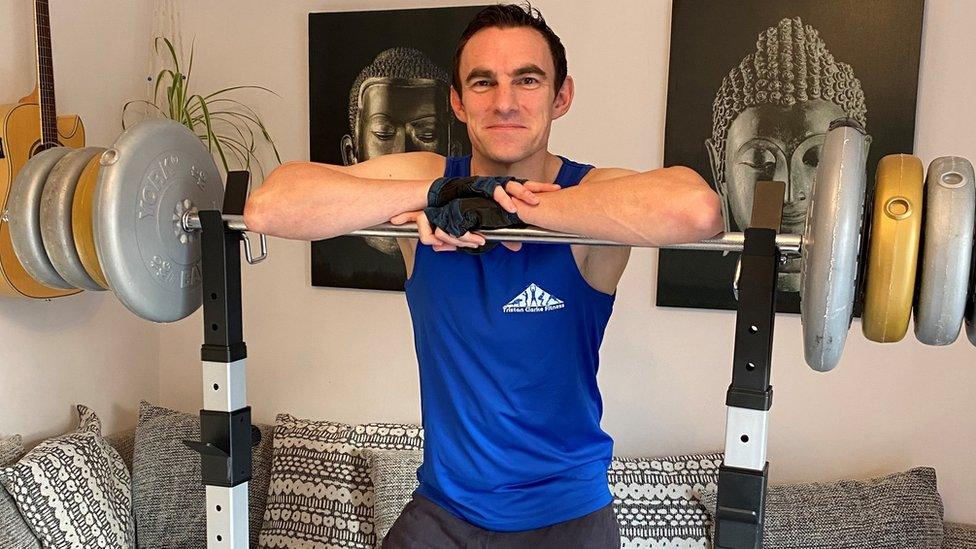
Mr Clarke rediscovered his love of fitness while locked up
"I loved it and it helped me keep my sanity," he said.
Support came in the form of regular visits from family and friends but life outside went on without him.
"I missed my brother's wedding," Mr Clarke said.
"And my dad sadly passed away while I was inside. I missed so many opportunities to support [my family]."
Having been given the opportunity to try his hand at various things while locked up, he said he recognised the importance of rehabilitation.
"Prisons should have more music, more drama, more arts - it's showing people they can do other things in their life and don't have to be career criminals and can redeem themselves," he said.
"I think you have to want to be rehabilitated, I think there are some people who maybe don't want that and maybe you can't help those people but I certainly wanted to make amends."
Asked if he would go back and change his prison past, he said: "I thought about this a lot.
"When I was inside, I met a very good friend who is now my bandmate and if I hadn't gone to prison, I wouldn't have met him.
"I wouldn't change anything, I'd go through the hardship all over again because it's made me a much better person."
Mr Clarke was released in 2018 and now works as a qualified personal trainer, coaches Sheffield Oaks RUFC and plays in a band.

Follow BBC Yorkshire on Facebook, external, X (formerly Twitter), external and Instagram, external. Send your story ideas to yorkslincs.news@bbc.co.uk, external.
- Published2 January 2024
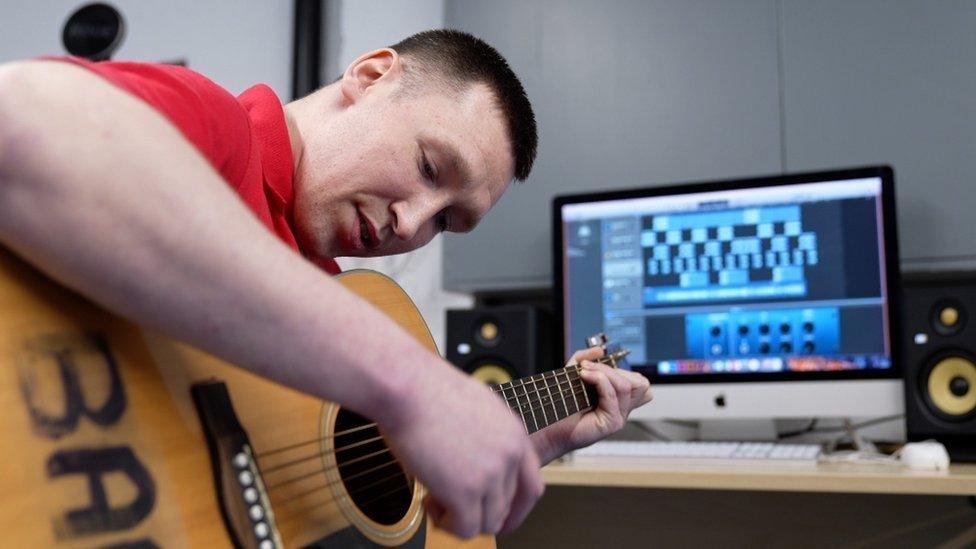
- Published6 November 2023
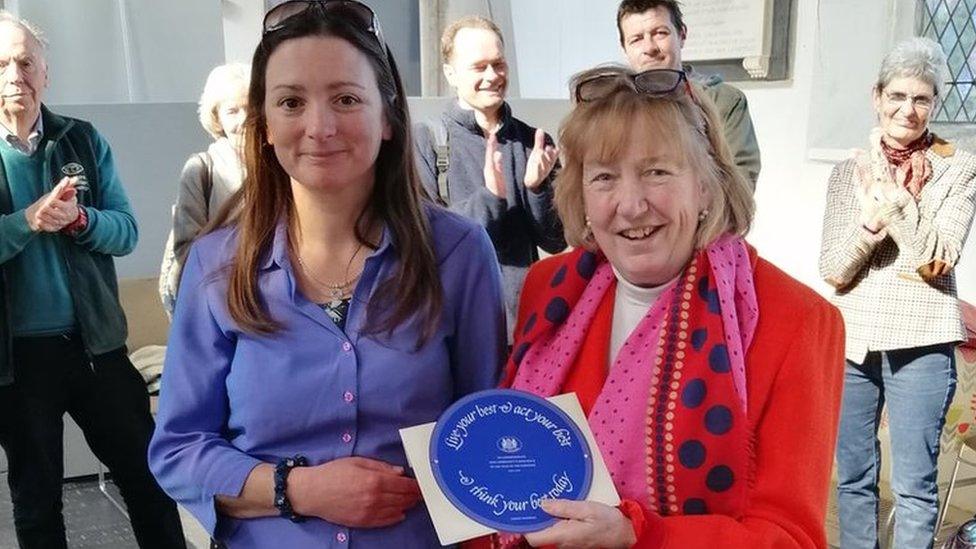
- Published29 December 2023
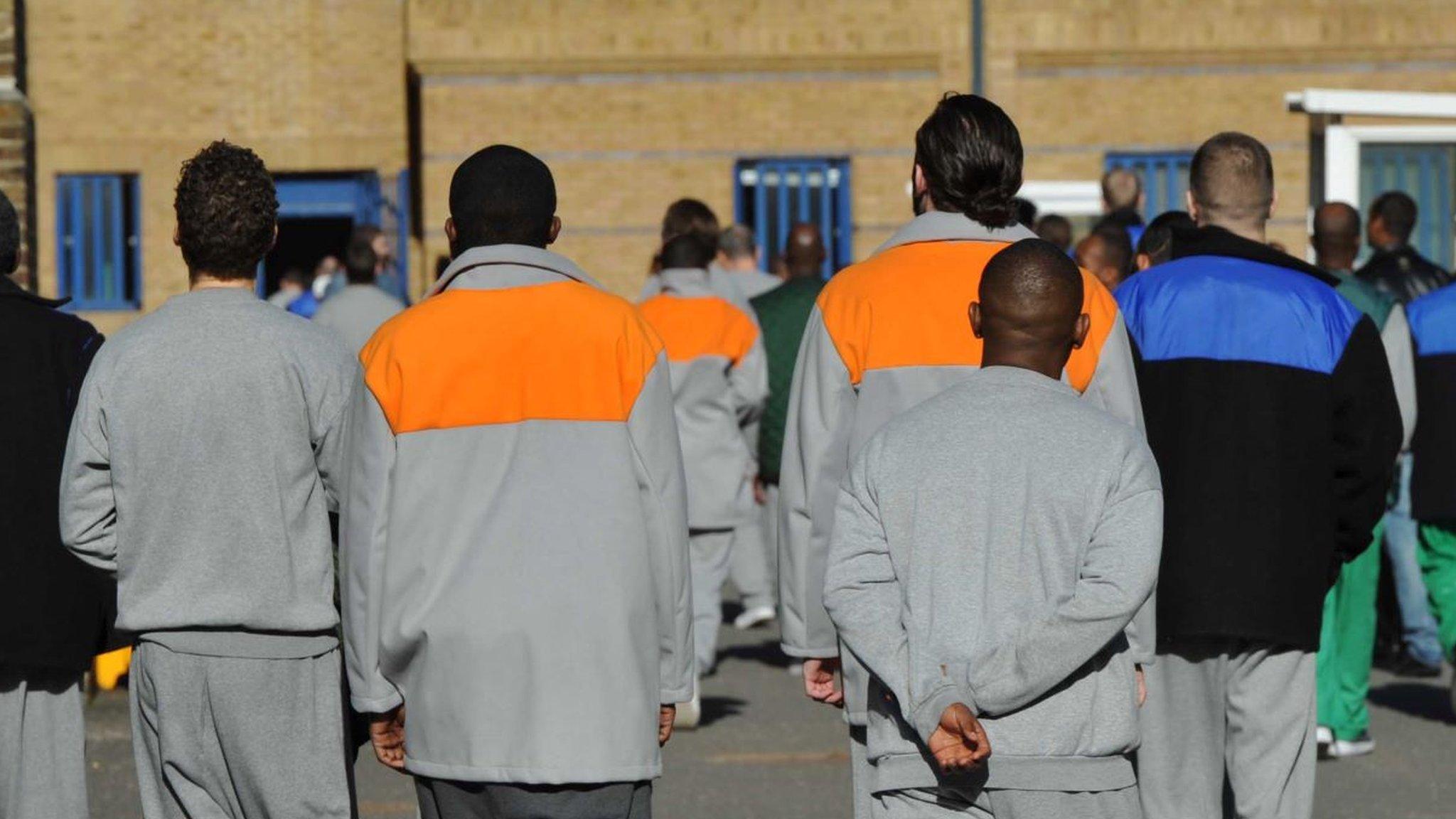
- Published23 March 2019
